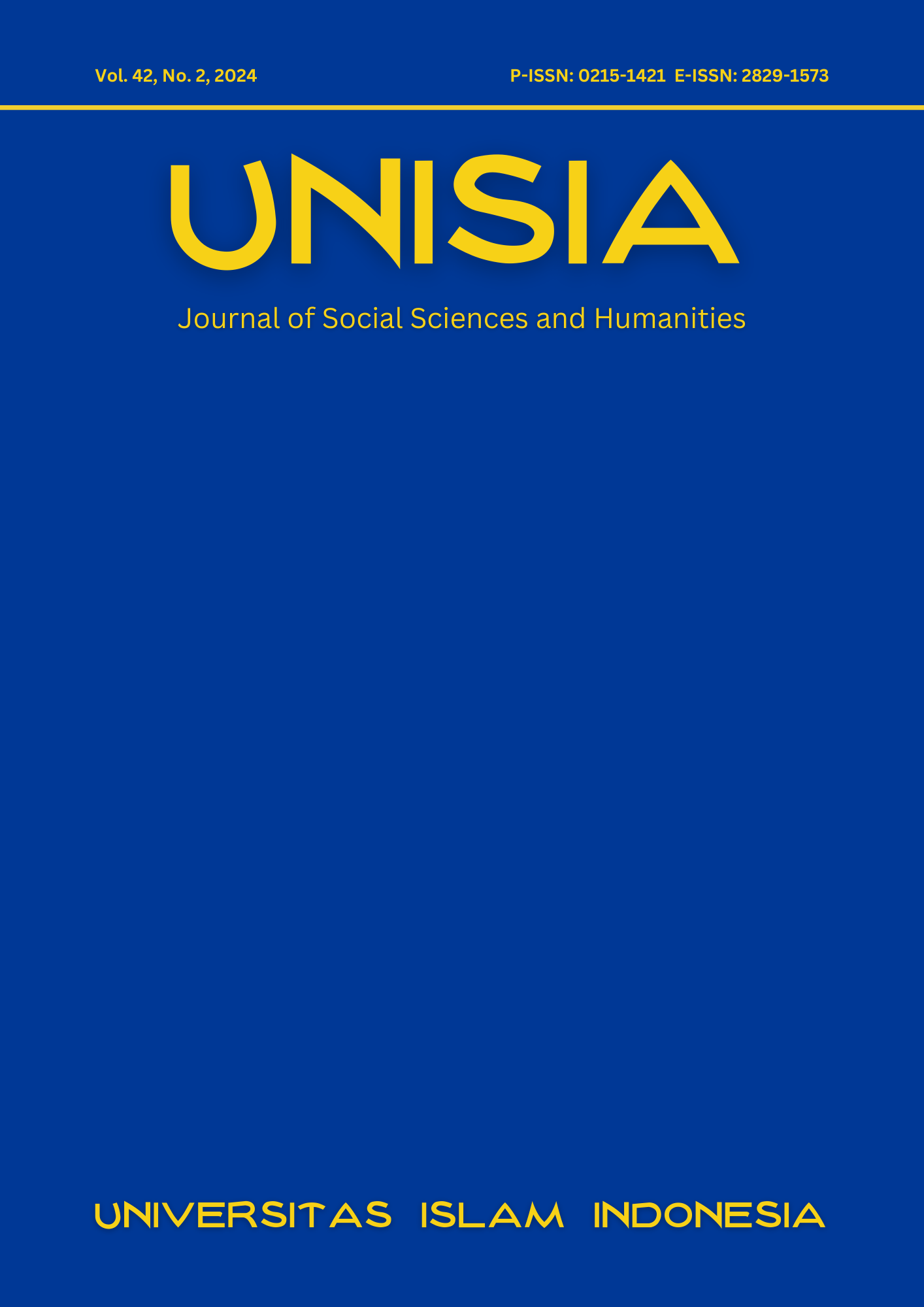Main Article Content
Abstract
The role of Islamic banking in fostering economic growth has gained increasing attention, particularly in emerging markets such as Indonesia. Sharia Commercial Banks, through their key components of third-party funds, total assets, and total financing, are considered instrumental in contributing to regional economic development. However, the specific impacts of these components on Gross Regional Domestic Product (GRDP) remain underexplored, particularly at the provincial level. This study aims to analyze the influence of third-party funds, total assets, and total financing of Sharia Commercial Banks on GRDP in Indonesia during the 2018–2022 period, including the effects of the COVID-19 pandemic. The research seeks to uncover both individual and combined impacts of these variables and to identify regional disparities in their effectiveness. A quantitative research design was employed using panel data from Indonesia’s provinces. The study utilized regression analysis with the Fixed Effect Model, supported by diagnostic tests to ensure robustness. Data sources included annual financial reports from Sharia Commercial Banks and official statistics from Indonesia's Financial Services Authority and Statistics Indonesia. The findings reveal that total financing significantly impacts GRDP, underscoring its critical role in economic development. In contrast, third-party funds and total assets show limited direct influence but contribute significantly when combined with financing. Regional disparities are evident, with developed provinces benefiting more substantially from Sharia banking activities. The COVID-19 pandemic temporarily disrupted these dynamics, highlighting the need for financial resilience. The study emphasizes the importance of targeted financing, optimized asset deployment, and enhanced financial inclusion to maximize the contributions of Sharia Commercial Banks to regional economic growth. It also underscores the need for region-specific strategies to address disparities and foster inclusive development.
Article Details
Copyright (c) 2024 Annisa Nailussifa, Nur Kholis

This work is licensed under a Creative Commons Attribution-ShareAlike 4.0 International License.
- Authors retain copyright and grant the journal right of first publication with the work simultaneously licensed under a Creative Commons Attribution License that allows others to share the work with an acknowledgement of the work's authorship and initial publication in this journal.
- Authors are able to enter into separate, additional contractual arrangements for the non-exclusive distribution of the journal's published version of the work (e.g., post it to an institutional repository or publish it in a book), with an acknowledgement of its initial publication in this journal.
- Authors are permitted and encouraged to post their work online (e.g., in institutional repositories or on their website) prior to and during the submission process, as it can lead to productive exchanges, as well as earlier and greater citation of published work.





